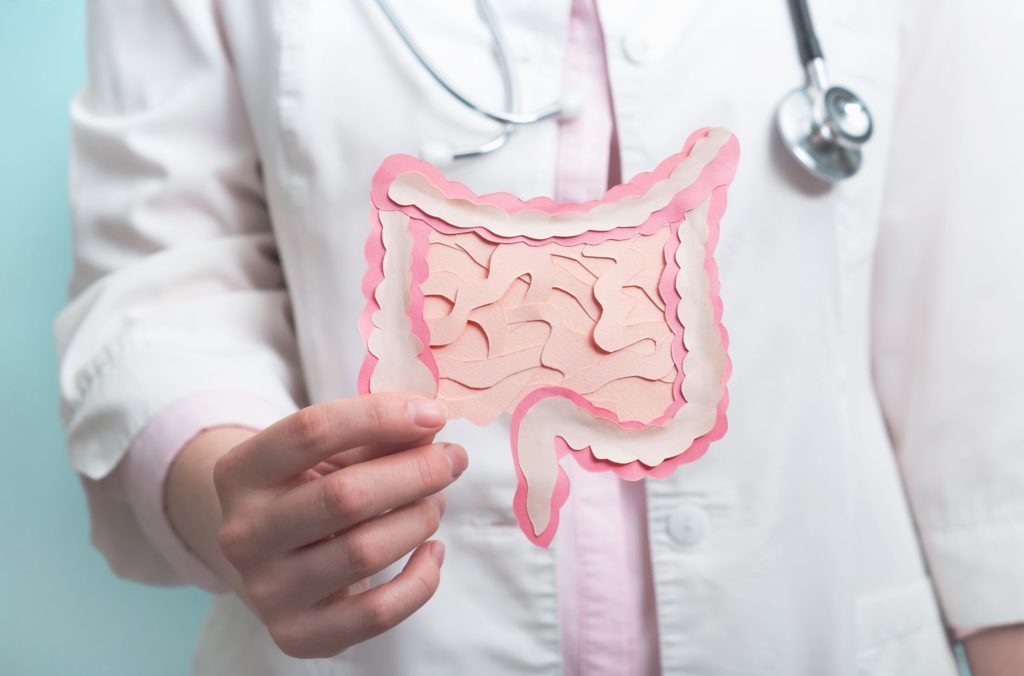
Edulcorante bajo en calorías y sus efectos sobre la función intestinal
02/marzo/22
C Bryant y J Mclaughlin
Este análisis aborda estudios celulares, animales y clínicos, relacionados con los edulcorantes no calóricos (ENC), y pone los resultados en contexto con el eje intestinal-cerebral y su regulación de ingesta de alimentos.
Los autores concluyeron que:
- Los estudios en humanos no respaldan la presencia de un efecto clínicamente significativo de los ENC ingeridos sobre las hormonas involucradas en la vía de señalización intestinal.
- La sucralosa, el aspartame y el acesulfame de potasio no mostraron un efecto mayor que el agua en la secreción del péptido similar al glucagón tipo 1 (GLP-1), insulina, péptido YY (PYY), grelina y tampoco afectaron el apetito.
- Los estudios en humanos han fracasado constantemente en mostrar que la activación de los receptores del sabor dulce por medio de ENC situados en el intestino humano replica los efectos de azúcares calóricos en la motilidad gástrica, hormonas intestinales o respuestas al apetito.
ABSTRACT
“The importance of nutrient induced gut-brain signalling in the regulation of human food intake has become an increasing focus of research. Much of the caloric excess consumed comes from dietary sugars, but our knowledge about the mechanisms mediating the physiological and appetitive effects of sweet tastants in the human gut and gut-brain axis is far from complete. The comparative effects of natural sugars vs low calorie sweeteners are also poorly understood. Research in animal and cellular models has suggested a key functional role in gut endocrine cells for the sweet taste receptors previously well described in oral taste. However human studies to date have very consistently failed to show that activation of the sweet taste receptor by low calorie sweeteners placed in the human gut fails to replicate any of the effects on gastric motility, gut hormones or appetitive responses evoked by caloric sugars”.
Para revisar el artículo completo accede a:
https://www.sciencedirect.com/science/article/abs/pii/S0031938416301627
Referencia
Edulcorantes de bajas calorías: la evidencia sigue sin presentar efectos sobre la función intestinal en humanos. Bryant C, Mclaughlin j. Physiology & behavior, 2016; 164, parte b, 482–485.
Disponible en: https://www.sciencedirect.com/science/article/abs/pii/S0031938416301627